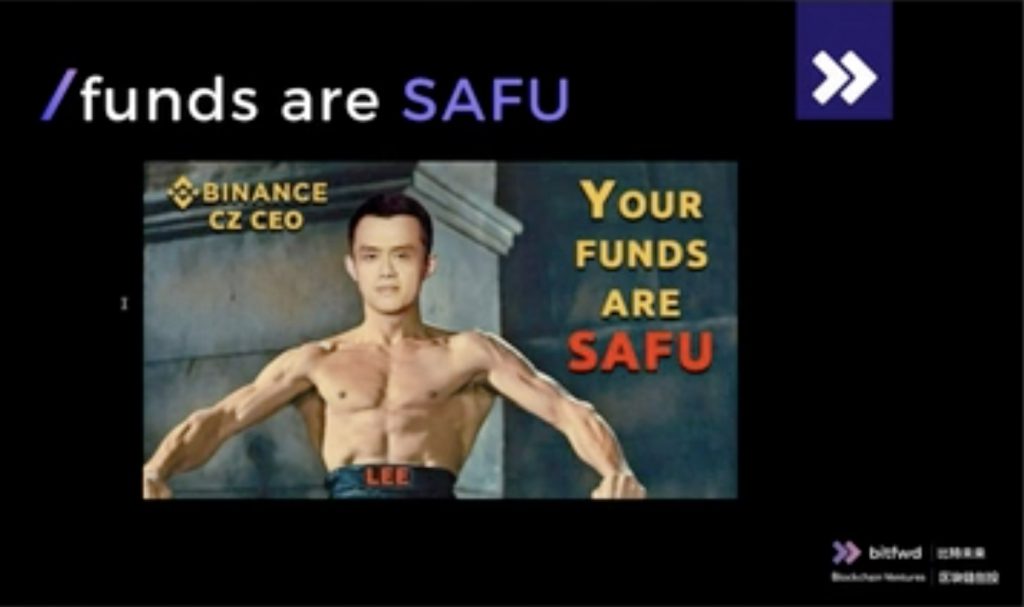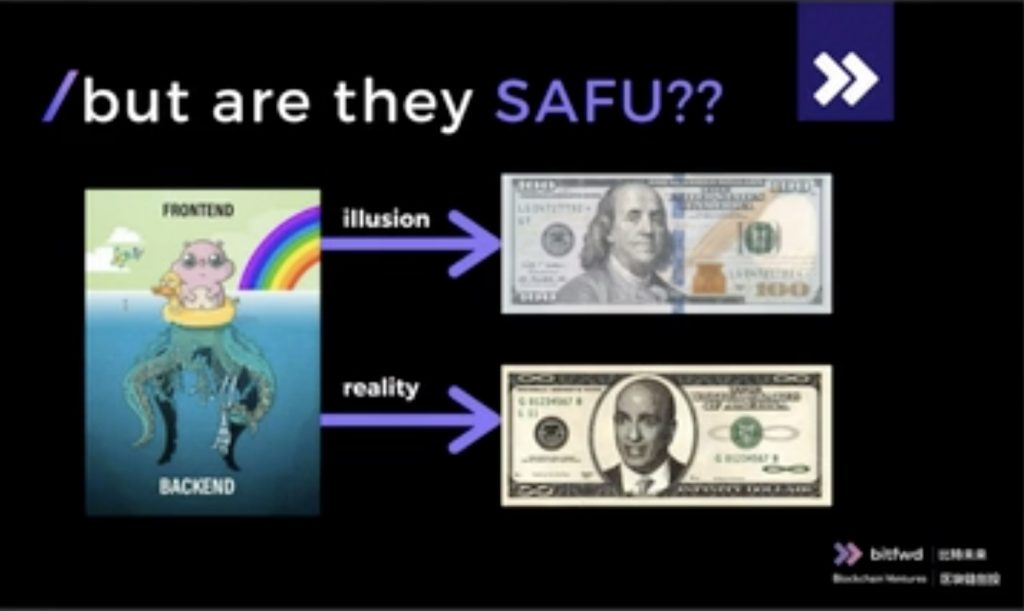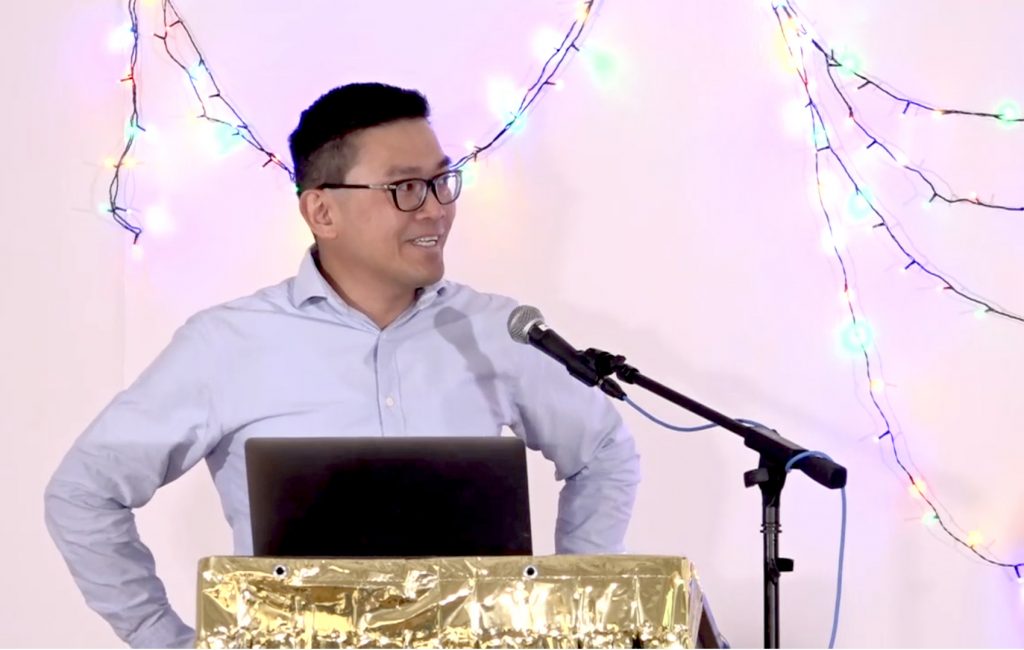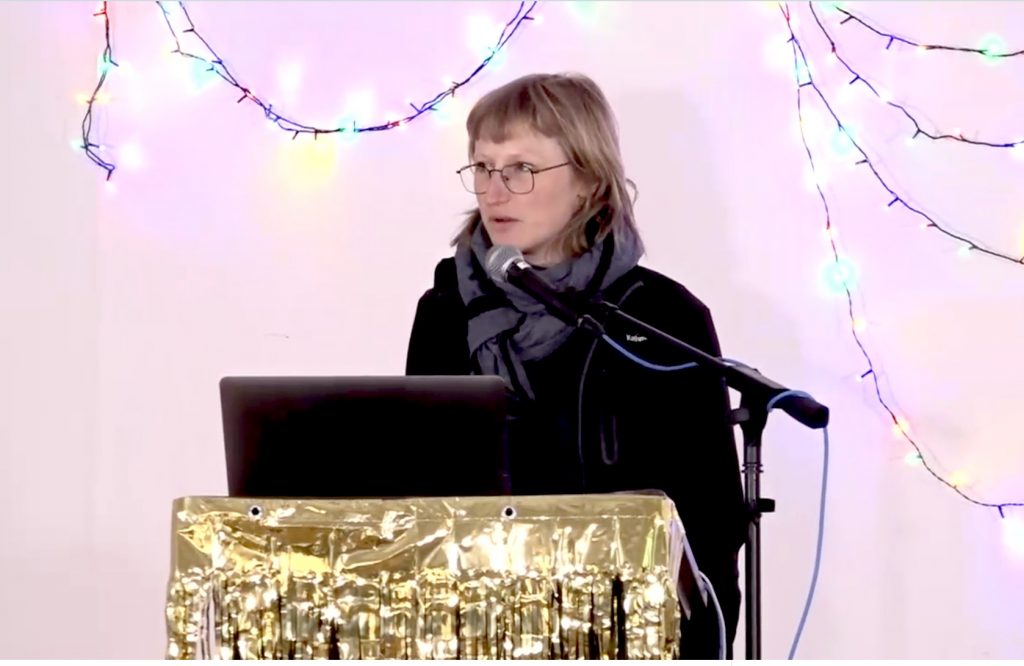Decentralised Islands and Techno-Empires: Transforming Economies of the Asia Pacific
The ‘Asia-Pacific Turn’ as a shift in our global economic and geopolitical axis has attained almost mythic status in public discourse — welcomed and applauded by some, feared by others. This popular discourse erases the complexity and diversity of perspectives, contexts and challenges faced by the over 54 nations in this region, each with their distinctive approaches to exploring the affordances of decentralised technologies and digital economy.
Moderated by Tom Chen, this session brings together Pandu Sastrowardoyo, Elaine Jing Zhao, Daniel Bar, Heather Horst and Glenn Finau to discuss transforming economies of the Asia-Pacific .
The session will be livestreamed at 1pm AEST, Thursday 5th November at https://economythologies.network/. Following the event, the video recording of this session will be available for viewing on this page.

Glenn Finau and Heather Horst, (on behalf of their team including Geir Presterudstuen, Romitesh Kant and Jason Titifanue)
COVID-19 and the revival of a Barter economy in the South Pacific
Glen and Heather’s presentation will explore the revival of a Barter economy facilitated on a Facebook page called “Barter for Better Fiji” (BFBF). The page was created as a response to the economic impact of COVID-19 in Fiji. While all economies are grappling with the economic impact of COVID-19, the impacts have been disproportionate with small developing economies heavily reliant on tourism the most affected. Prior anthropological literature have found that barter economies emerge from economic crises that cause a scarcity of cash. However, Fiji’s BFBF page is unique in that it has been facilitated on the social network: Facebook. The presentation examines the intersection of social media and barter during the COVID-19 crisis in Fiji and its potential contribution to our understandings of money, trade, community and resilience during crisis situations.
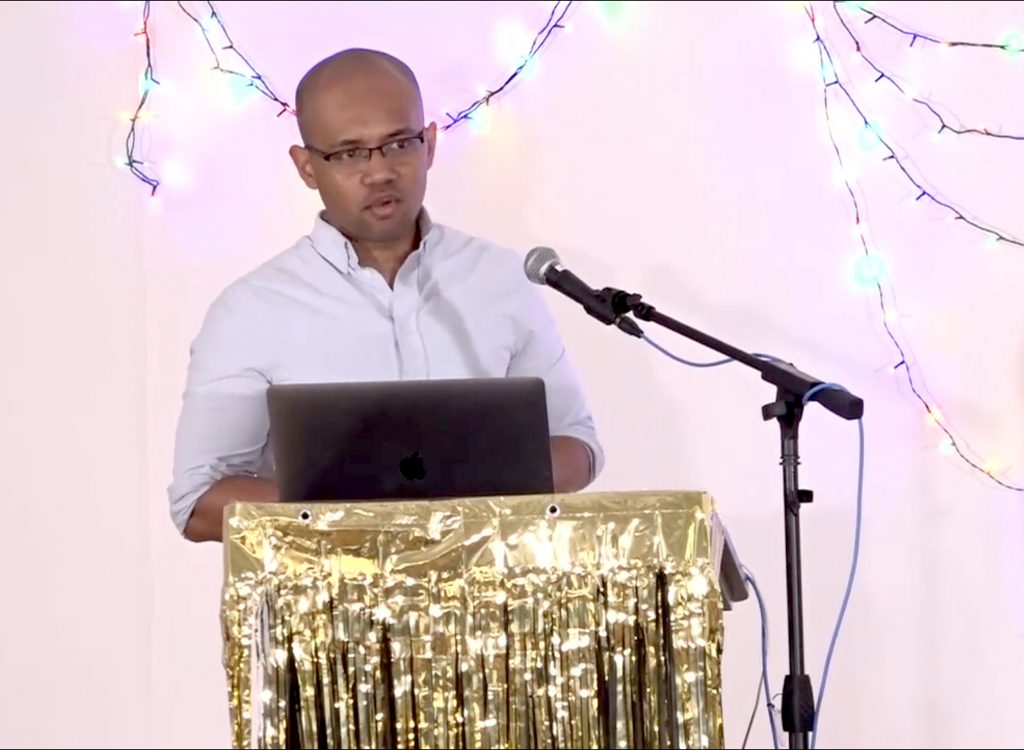
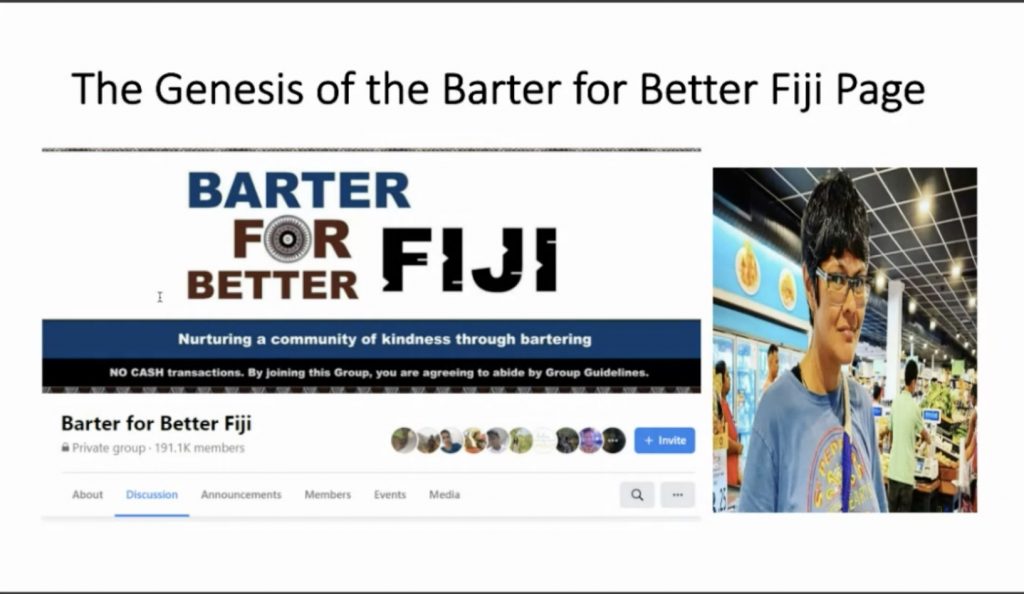
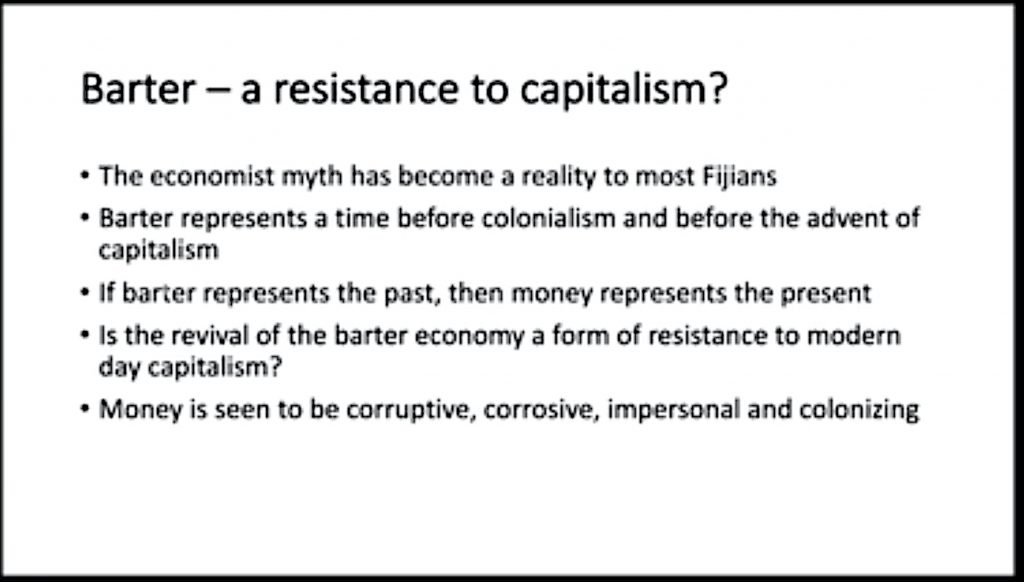
Indonesia is a “decentralized” country. It has 17,000 islands with a lot of regional autonomy. There is a lot of fragmentation in technology — from payment systems to telecommunications companies — and any strategy to target this archipelago must necessarily be a decentralized. From her experiences in the Indonesian Blockchain Association and Blocksphere, Pandu will explain how Blockchain as a decentralized technology has the potential to solve a lot of the nation’s problems. She will also share some exemplary use cases of work she has done for the government and major Indonesian entities in the past.
Pandu will also explore the ongoing debate between centralization and decentralization. From accounting machines to minicomputers and mainframes, from home PCs to centralized servers, from a decentralized ARPANet to the federated centralization of the current intranet, from private enterprise data centers to as-a-Service offerings to massive cloud megavendors. She will consider how the evolution of computing could lead humans (and posthumans) towards one of two alternate paths:
A world with the illusion of freedom, feeding you platitudes while censoring and shadowbanning voices of dissent, ending with a transhuman future when you don’t own your own mind, let alone the servers running those minds, or
A world with true freedom & liberty, with individual data independence and systems working together, where your identity, data, and (digital) minds are your own.
She will argue that Blockchain, for the first time, allows node runners of a decentralized architecture to be incentivized directly, in a decentralized manner. Pandu will are that this is the underpinning philosophy of Blockchain.

Financial inclusion, formalisation and digital financial infrastructures in-the-making in China
China, once cash-dominated, is undergoing rapid transformation towards a cashless society. From tech giants to start-ups, digital platforms are not only driving the transition to online payment but also developing credit systems and launching innovative financial products. Promotional discourses of these initiatives often feature the notions of financial inclusion and formalisation. They aim to appeal to consumers, the underserved in particular; and at the same time echo the state agenda. However, the ongoing process of these business initiatives and their actual impacts on the society, particularly the socially marginalised populations, are more complicated. In this talk, I will discuss the role of digital platforms in building new financial infrastructures and share my observations about some emerging risks and the challenges in the move towards a credit-based society in China.


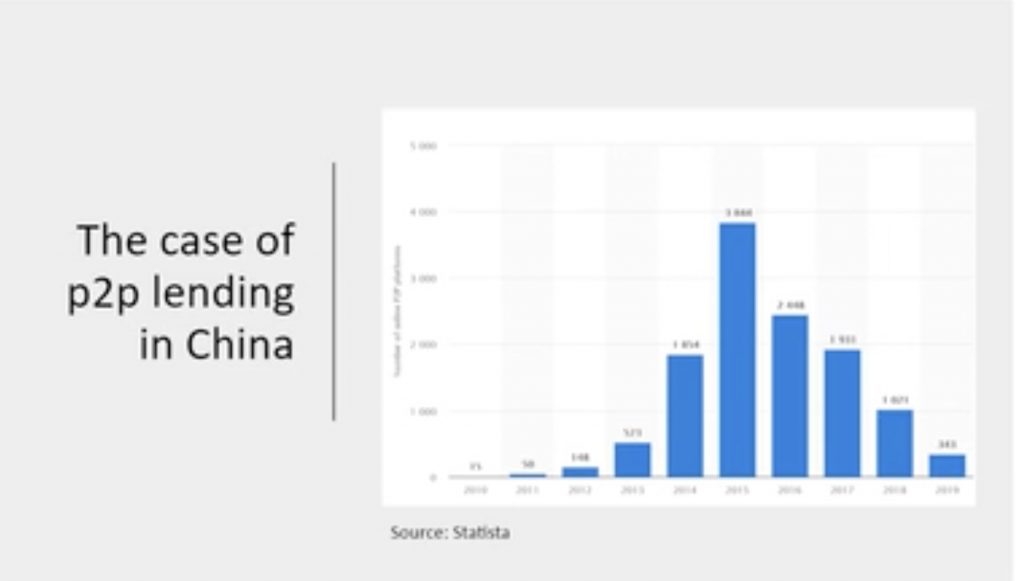
- Are money and governance technologies a force for good?
- How do we bridge radically different cultures and worlds and create positive sum games?
- Is China actually more ‘evil’ than the west? What roles do globalization and media cultures play in shaping such narratives?
- Are legacy nations state + financial institutions going to disappear in our lifetime?
- Are we building Blockchain and AI foundations for our own better future, or will they unavoidably accelerate the extinction of human kind?

